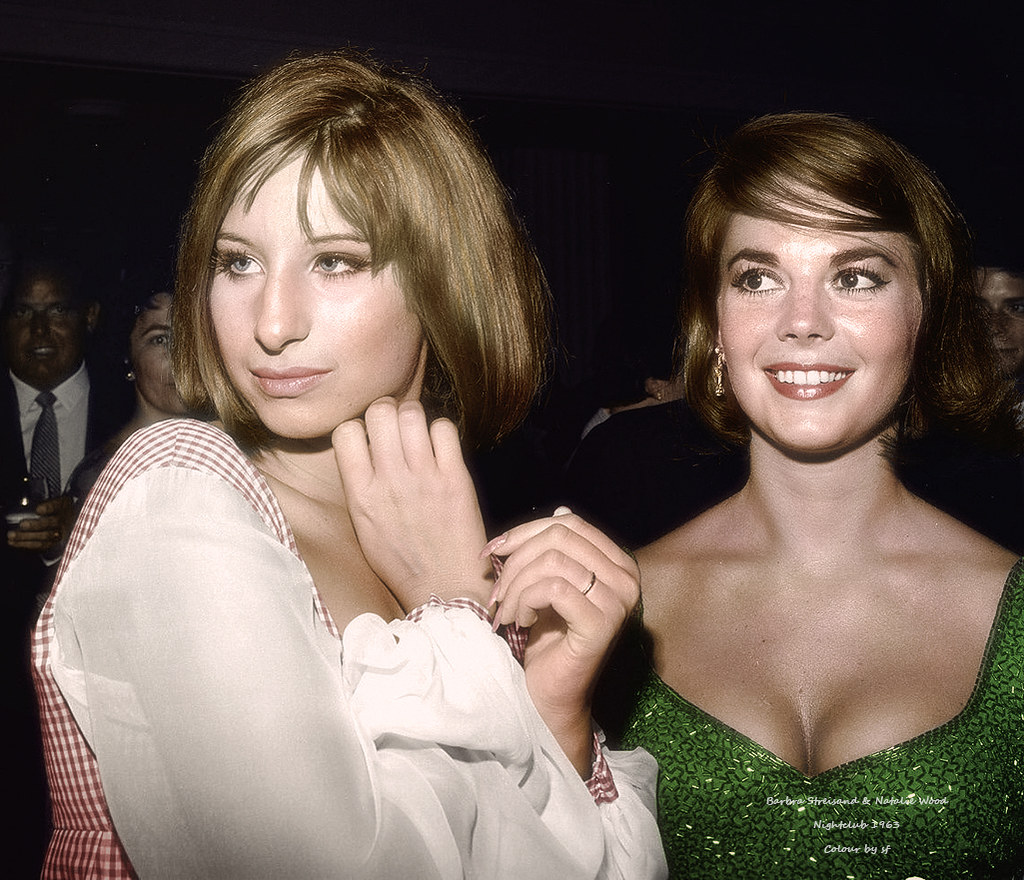
Hey, fellow film fanatics! Ever wonder what truly makes a director a legend? It’s more than just shouting ‘action!’ and ‘cut!’ It’s about crafting entire worlds, pushing the boundaries of storytelling, and leaving an indelible mark on cinematic history that resonates with audiences across generations.
We’re talking about the visionaries who innovate the art form, who champion new techniques, and who drive everyone on set—from actors to cinematographers to editors—to deliver their absolute best work. These are the minds that turn simple narratives into fully realized masterpieces, creating their own distinctive styles that become instantly recognizable across their entire catalog of films. From the tense psychological thrillers that keep you on the edge of your seat to epic blockbusters that define an era, the best directors are truly magicians behind the lens.
Today, we’re taking a deep dive into the lives, journeys, and successes of some of the most influential directors of all time. Get ready to explore the unique brilliance that defines these cinematic titans, whose groundbreaking techniques and narratives have not only shaped the evolution of filmmaking but continue to inspire countless others and captivate global audiences. Let’s find out more about these legendary figures who have truly set the benchmark for cinematic excellence!
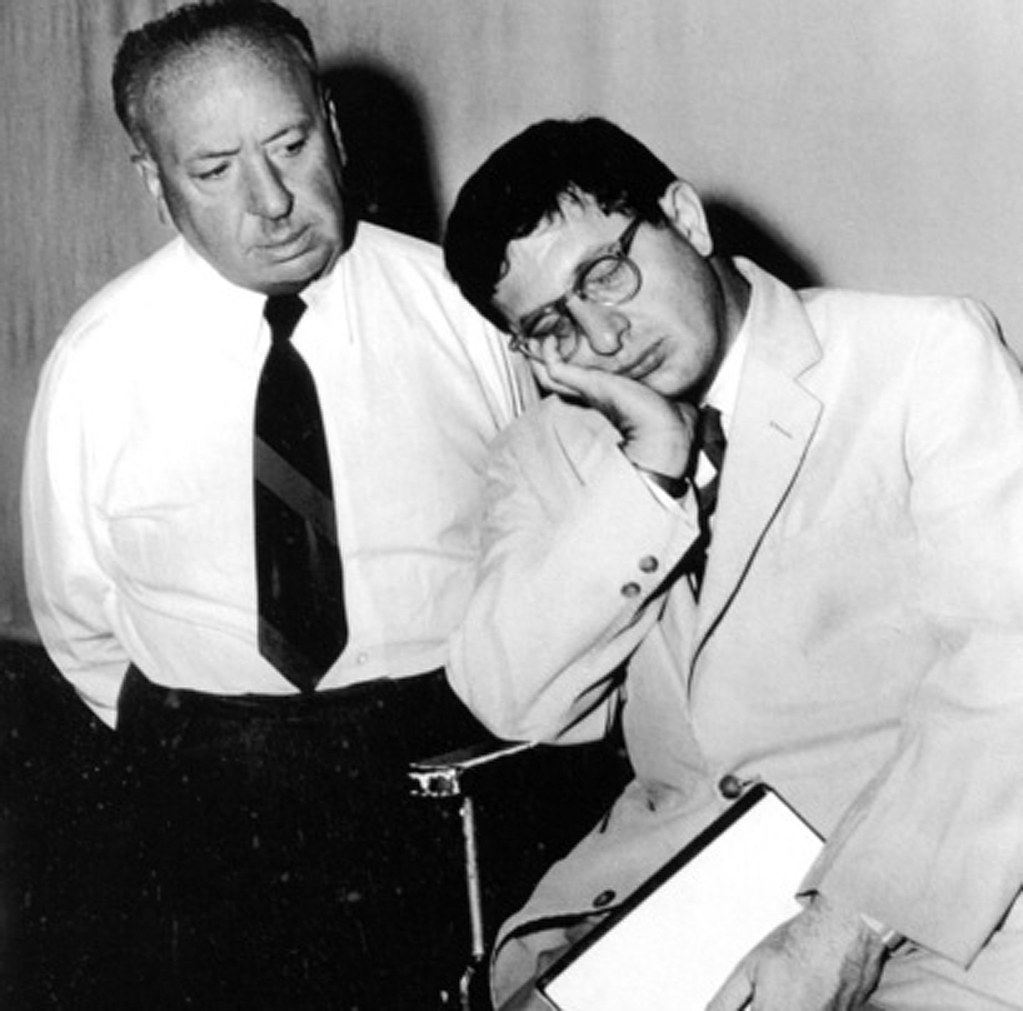
1. **Alfred Hitchcock – The Master of Suspense**Alfred Hitchcock (1899-1980), widely celebrated as the “Master of Suspense,” completely transformed the thriller genre. He wasn’t just making movies; he was revolutionizing storytelling with his distinct techniques and remarkable psychological depth. His films are instantly recognizable, characterized by ingenious plots, masterful use of suspense, and a fearless dive into the darker, more complex aspects of human nature. You know when you’re watching a Hitchcock film!
Hitchcock’s signature style involved a fascinating blend of voyeurism, a dash of macabre humor, and an unparalleled knack for audience manipulation. He knew exactly how to keep viewers glued to their seats, constantly on the edge and guessing what would happen next. This unique approach meant that every twist and turn felt earned, drawing you deeper into his meticulously crafted narratives.
Think about the unforgettable moments he gave us. From the truly shocking shower scene in “Psycho” (1960) that still makes us gasp, to the dizzying anxieties woven through “Vertigo” (1958), Hitchcock’s filmography is a shining testament to his sheer genius. He had an incredible talent for crafting suspenseful and utterly unforgettable cinematic experiences that etched themselves into our collective memory.
His immense impact on the thriller and horror genres is simply undeniable. Hitchcock’s work didn’t just entertain; it set new standards, influencing countless filmmakers who followed in his footsteps. He forever changed audience expectations for how suspenseful storytelling should be delivered, proving that true terror often lies in what you *don’t* see, rather than what you do.
Read more about: Masters of the Craft: 13 Veteran Directors Whose Unmistakable Visions Shaped Film History

2. **Steven Spielberg – The Blockbuster Pioneer**When you hear the name Steven Spielberg (born 1946), “blockbuster filmmaking” immediately comes to mind, and for good reason! This living legend has a magical way of captivating audiences worldwide, blending a profound sense of wonder and adventure with deep emotional resonance. He’s not just a director; he’s a pioneer of the New Hollywood era, and his films are celebrated for their technical brilliance, heartwarming narratives, and truly iconic imagery that has become ingrained in American cultural consciousness.
Spielberg’s filmography is a masterclass in cinematic versatility. He has given us everything from the terrifying thrills that made us afraid to go into the water with “Jaws” (1975), to the heartwarming sci-fi adventure that captured global hearts in “E.T. the Extra-Terrestrial” (1982). And let’s not forget the historical gravitas and emotional depth he brought to “Schindler’s List” (1993), a film that earned him an Oscar for Best Director. His ability to navigate such diverse genres while consistently delivering quality and entertainment is truly remarkable.
It’s not just the big spectacles either. Seven of his films, including “Jaws,” “Raiders of the Lost Ark” (1981), and “Jurassic Park” (1993), have been inducted into the Library of Congress as “culturally, historically or aesthetically significant.” This speaks volumes about the enduring impact of his work. His film “E.T. the Extra-Terrestrial” is still the fourth highest-grossing film adjusted for inflation, which is just wild to think about!
Spielberg’s unparalleled ability to expertly blend grand spectacle with genuine sentiment has solidified his status as one of the most commercially successful and critically acclaimed directors of all time. He hasn’t just made movies; he’s shaped popular culture, leaving an incredible legacy that continues to inspire entire generations of filmmakers and movie lovers around the globe. And guess what? He’s still actively working, with his most recent film, “The Fabelmans,” released in 2022!
Read more about: Ready for a Scream? Dive Into 15 High-Rated Horror Movies That Will Absolutely Chill You to the Bone!
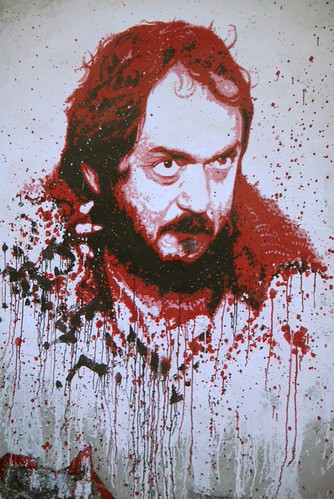
3. **Stanley Kubrick – A Visionary Perfectionist**Stanley Kubrick (1928-1999) was more than just a director; he was a true visionary, revered for his meticulous perfectionism, groundbreaking technical innovation, and films that were as thematically complex as they were visually stunning. Kubrick’s remarkable filmography sprawls across an astonishing variety of genres, showcasing his incredible range and intellectual curiosity. From the biting anti-war satire of “Dr. Strangelove” (1964) to the mind-bending science fiction epic “2001: A Space Odyssey” (1968), and the chilling, psychological horror of “The Shining” (1980), each of his 13 theatrical films is considered a classic in its own right.
Known for his incredibly demanding nature and his absolute control over every single aspect of the filmmaking process, Kubrick’s films are instantly recognizable. They are characterized by breathtaking visuals, narratives that provoke deep thought, and a profound, often unsettling, exploration of human nature and complex societal issues. He didn’t just tell stories; he created experiences that lingered in your mind long after the credits rolled.
Despite his monumental influence, Kubrick only won one Academy Award during his career, and that was for Best Special Effects in “2001: A Space Odyssey.” In fact, he was even nominated for a Golden Raspberry Award for Worst Director for “The Shining,” which seems almost unbelievable today! However, his directing style, particularly his revolutionary camerawork and framing, has left an indelible mark on countless directors.
Kubrick’s commitment to relentlessly pushing cinematic boundaries and his truly unique artistic vision have cemented his place as one of the most influential and respected filmmakers in the entire history of cinema. His films have been rightly called some of the most important of the twentieth century, and his dedication to craft remains a towering benchmark for aspiring filmmakers everywhere.
Read more about: The 9 Heartbreaking Stories of Actors Who Left Us Too Soon After Their Iconic Roles
4. **Martin Scorsese – The King of Crime Films**Martin Scorsese (born 1942) is a name that resonates deeply within the annals of cinema, often hailed as the undisputed king of crime films. His work is synonymous with an uncompromising realism, dynamic camera work that plunges you right into the action, and a masterful exploration of complex characters navigating morally ambiguous worlds. Scorsese’s films frequently delve into intense themes of guilt, redemption, and the nuanced intricacies of the Italian-American experience, particularly in iconic movies like “Goodfellas” (1990) and “Casino” (1995).
The magic of Scorsese often comes alive through his legendary collaborations, most notably with actors Robert De Niro and Leonardo DiCaprio, which have produced some of cinema’s most unforgettable and iconic performances. These partnerships aren’t just about casting; they’re about a shared artistic vision that elevates the storytelling to extraordinary heights. Scorsese himself has been directing films since the 1960s and is still incredibly active at the age of 82!
But don’t pigeonhole him just as a crime film director! Beyond the gritty streets of his crime dramas, Scorsese has helmed a wide array of films, showcasing his remarkable versatility and a truly profound understanding of cinematic language. Think “The Age of Innocence” (1993) or “Hugo” (2011) – proof that his genius extends far beyond one genre. His passionate dedication to film history and preservation further cements his legacy, demonstrating a deep respect for the art form itself.
Scorsese’s influence on other directors is immense. Sam Mendes, accepting his Golden Globe for “1917,” famously declared, “There’s not one director in this room, not one director in the world, that is not in the shadow of Martin Scorsese.” Bong Joon-ho also quoted Scorsese in his acceptance speech for the Academy Award for “Parasite,” saying, “When I was young and studying cinema, there was a saying that I carved deep into my heart, which is, ‘the most personal is the most creative.’” His most recent film, “Killers of the Flower Moon,” was released in 2023, proving he’s still at the top of his game.
Read more about: 13 Major Actors Who Flat-Out Refused to Work Together in Hollywood
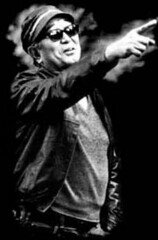
5. **Akira Kurosawa – The Samurai Storyteller**Akira Kurosawa (1910-1998) stands as a monumental Japanese cinematic giant, celebrated globally for his visually stunning samurai films, his masterful storytelling, and a profound humanism that resonates deeply with audiences. Kurosawa’s films, such as the legendary “Seven Samurai” (1954) and the groundbreaking “Rashomon” (1950), are hallmarks of cinema. They are characterized by incredibly dynamic action sequences, rich philosophical depth, and universal themes of honor, duty, and the relentless pursuit of social justice. He didn’t just make films; he crafted epic sagas that explored the very essence of humanity.
Kurosawa’s influence stretched far beyond the borders of Japanese cinema, making a significant impact on Western filmmakers and even inspiring entire genres, including the classic Western and modern action films. George Lucas, for instance, openly credited Kurosawa’s 1958 film “The Hidden Fortress” as the primary inspiration for “Star Wars,” which is just incredible to think about! His pioneering work at Photo Chemical Laboratories, which later became Japan’s Toho Studios, laid the groundwork for his illustrious career.
His innovative use of cinematography, pioneering editing techniques, and sophisticated narrative structures, combined with his extraordinary ability to evoke powerful emotions, have firmly established him as one of the most important and influential directors in the entire history of film. Kurosawa was also an accomplished screenwriter, contributing to books, TV, and theater over his nearly 60-year career.
The esteem in which he is held by his peers is truly telling. Fellow legendary director Ingmar Bergman once humbly called his own film “The Virgin Spring” a “touristic… lousy imitation of Kurosawa.” Satyajit Ray, Steven Spielberg, and Federico Fellini were also among his many admirers, recognizing his genius in popularizing Japanese films in the West. The International Film Festival of India even named its annual Lifetime Achievement award after Ray to celebrate this auteur’s legacy, cementing Kurosawa’s place in the cinematic pantheon.
Read more about: Unveiling the Masters: A Definitive Look at 14 of the Greatest Screenwriters in Cinema History

6. **Quentin Tarantino – The Dialogue Genius**Get ready for a wild ride with Quentin Tarantino (born 1963), a truly postmodern auteur renowned for his utterly distinctive style that has captivated and often shocked audiences worldwide. His films are a thrilling concoction defined by razor-sharp dialogue that practically leaps off the screen, non-linear narratives that keep you on your toes, and a unique brand of stylized violence that, while controversial, is undeniably part of his signature. Tarantino started his career in TV, making his directorial debut with 1988’s “As Tears Go By.”
Tarantino’s filmography is a vibrant tapestry of pop culture references, audacious storytelling, and unforgettable characters. He burst onto the scene with films like “Pulp Fiction” (1994), forever altering the landscape of independent cinema and earning him an Oscar for Best Original Screenplay. His unique vision continued with “Inglourious Basterds” (2009) and “Django Unchained” (2012), both of which garnered him further Academy Awards for writing.
His films are a masterclass in how to build tension and then release it, often through extended, witty conversations before an explosion of action. This unconventional approach to pacing and structure, combined with his deep love for cinema history and genre deconstruction, makes every Tarantino film a unique experience. You never quite know what to expect, but you always know it will be bold and memorable.
Tarantino’s groundbreaking approach to filmmaking has left an indelible mark on modern cinema, influencing a new generation of directors. His unique blend of audacious storytelling and homage to film history has resonated with audiences and critics alike. His movies are frequently placed on “best of” lists, a testament to their lasting cultural impact and his undeniable skill in crafting compelling, distinctive cinematic experiences.
Alright, film fanatics, buckle up because we’re not done celebrating the cinematic giants who’ve painted our screens with unforgettable stories and revolutionary visions! We’ve already taken a thrilling tour through the legacies of some true titans, and now it’s time to dive even deeper into five more iconic directors whose groundbreaking styles, enduring comedies, epic storytelling, and revolutionary impact have truly shaped film history. Get ready to discover more about the genius minds who continue to inspire and entertain us!
Read more about: Seriously, Hollywood: These 10 Legendary Movies Are Absolutely Untouchable and Should NEVER Be Rebooted
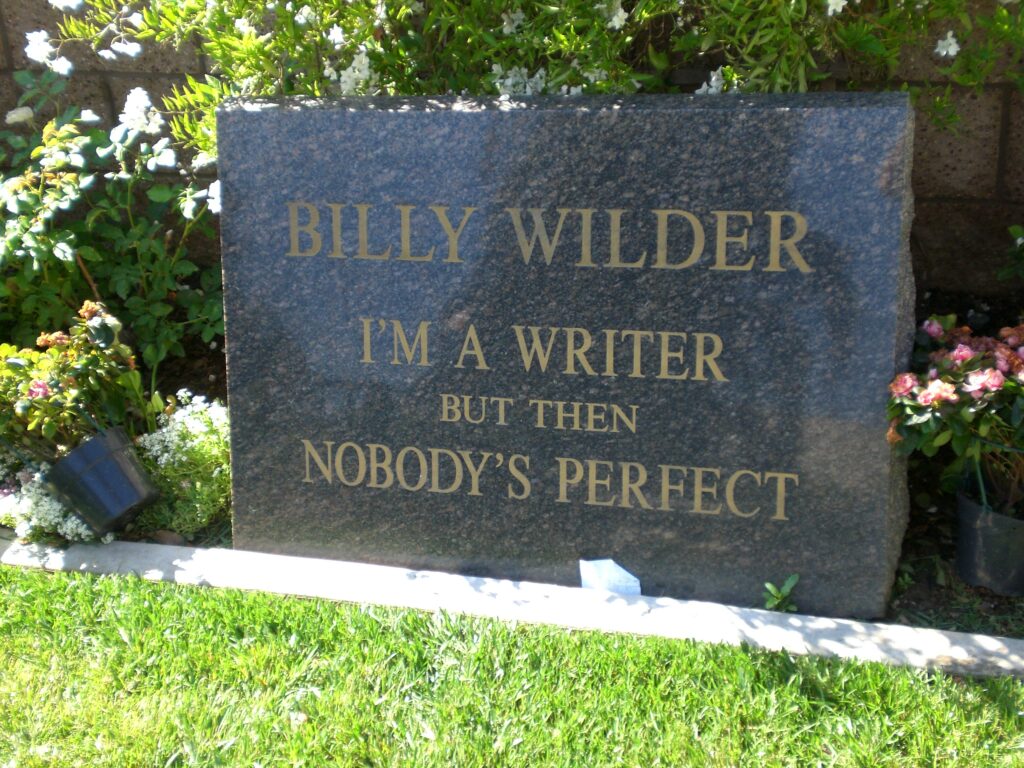
7. **Billy Wilder – The Genre-Bending Maestro**Talk about a chameleon! Billy Wilder, an Austrian-born director, didn’t just dabble in genres; he mastered them, effortlessly gliding from laugh-out-loud comedies to gritty noirs with an exacting cleanliness that’s simply mesmerizing. He started his career as a scriptwriter in Germany, but after fleeing the Nazis in the 1930s, he quickly cemented his status as one of Hollywood’s greatest directors by the 1940s. His journey is a powerful testament to talent thriving against all odds.
Wilder’s filmography is a glittering collection of classics that prove his incredible range. He gave us the intense suspense of the film noir masterpiece “Double Indemnity” (1944), the biting drama of “Sunset Boulevard” (1950), and the hilarious antics of “Some Like It Hot” (1959), which is still an absolute riot! And who could forget the poignant brilliance of “The Apartment” (1960)? His ability to create such distinctive and beloved films across such varied styles is truly remarkable.
His career spanned decades, from the golden age of Hollywood right through to the 1980s, proving his enduring relevance and vision. His final film, “Buddy Buddy,” was released in 1981. It’s also fascinating to know that Wilder had hoped to make his last film an adaptation of Thomas Keneally’s ‘Schindler’s Ark,’ a powerful story, and he later showered praise on Steven Spielberg’s incredible adaptation of ‘Schindler’s List.’ That’s a director’s respect for another’s craft right there!
Wilder’s genius didn’t go unnoticed. He was nominated for a staggering 21 Oscars throughout his career, winning six of them, including two for Best Director. His legacy isn’t just in the incredible films he left us but also in the sheer breadth of his talent and his ability to define excellence in multiple cinematic languages. He truly left an indelible mark on cinematic history.
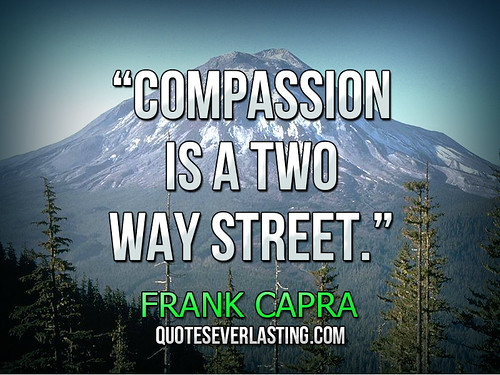
8. **Frank Capra – The Soul of American Idealism**Ever feel like the perfect, heartwarming American story could only come from one person? Director John Cassavetes famously captured this sentiment when he said, “Maybe there really wasn’t an America, it was only Frank Capra.” Capra’s films are pure magic, capturing an idealism of what America could be, brimming with hope, community, and the triumph of the common person. He emigrated to America from Sicily at age five and started his career crafting silent comedies, building a foundation for the emotionally rich stories to come.
Capra’s filmography is a treasure trove of beloved movies that still resonate today. We’re talking about timeless classics like “It Happened One Night” (1934), “Mr. Deeds Goes to Town” (1936), “You Can’t Take It with You” (1938), and the perennial holiday favorite, “It’s a Wonderful Life” (1946). And, of course, the inspiring “Mr. Smith Goes to Washington” (1939). These films didn’t just entertain; they captured the heart of a nation, showcasing his unique ability to blend humor, romance, and profound social commentary.
While most of his most adored films sprang from the 1930s and 1940s, Capra continued to direct, with his final theatrical film being 1961’s “Pocket Full of Miracles.” His stories always emphasized the power of individual integrity and the goodness inherent in people, offering a comforting and inspiring vision that audiences continue to cherish.
Beyond his directing prowess, Capra was a true leader in the film community. He earned five Oscars for his incredible work and received lifetime achievement awards from both the American Film Institute and the Directors Guild of America. He also served as President of the Academy of Motion Picture Arts and Sciences, worked alongside the Writers Guild of America, and headed the Directors Guild of America. Frank Capra didn’t just make films; he shaped the very institutions that celebrate them.
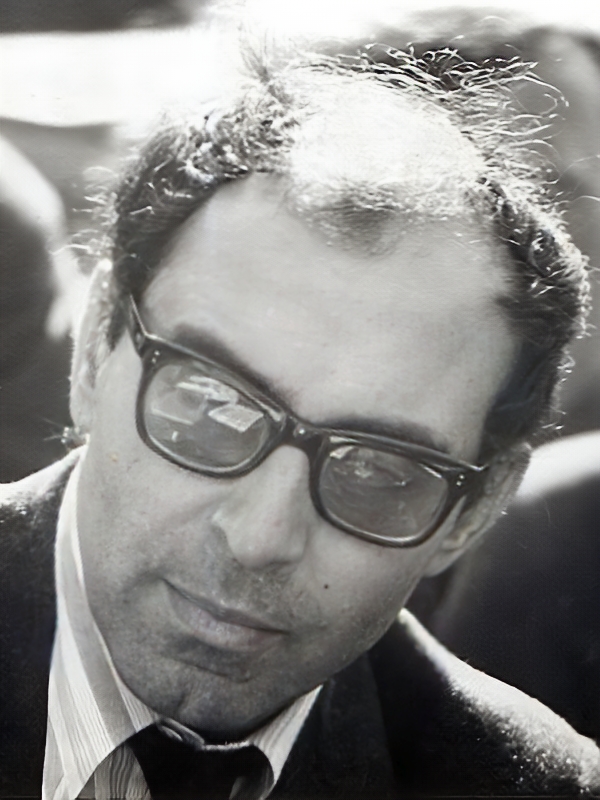
9. **Jean-Luc Godard – The Avant-Garde Disruptor**Prepare to have your cinematic world turned upside down, because Jean-Luc Godard was not just a director; he was a revolutionary! As a pivotal figure and arguably the most influential pillar of the French New Wave, this Swiss-born director shattered traditional filmmaking rules. He daringly played with narrative, continuity, sound, and camerawork, introducing bold innovations like jump cuts and directly addressing the audience by breaking the fourth wall. His films weren’t just movies; they were manifestos.
Godard’s filmography is a vibrant collection of works that pushed boundaries and challenged perceptions. Think about the iconic “Breathless” (1960), “Vivre sa vie” (1962), “Contempt” (1963), and “Band of Outsiders” (1964). Each film was a bold statement, with titles like “Alphaville” (1965), “Pierrot le Fou” (1965), and “Weekend” (1967) further showcasing his relentless experimentation. Even later in his career, he continued to innovate with films like “Goodbye to Language” (2014).
His unique directing style was legendary, often giving his actors immense freedom to explore their performances, sometimes even beginning filming with unfinished scripts. This unconventional approach to filmmaking was truly revolutionary, fundamentally changing how stories could be told on screen and leaving an indelible mark on generations of filmmakers worldwide. He believed in spontaneity and breaking free from rigid conventions.
Film critic Roger Ebert summed it up perfectly when he declared, “Godard is a director of the very first rank; no other director in the 1960s has had more influence on the development of the feature-length film.” His influence is so profound that his ideas and techniques are still taught and celebrated today, proving that sometimes, you have to break the rules to truly change the game.

10. **Wong Kar-wai – The Stylist of Melancholy Romance**Get ready to swoon over the breathtaking visuals and deeply emotional narratives of Wong Kar-wai, the Hong Kong-based filmmaker who started his career in TV before making his directorial debut with 1988’s “As Tears Go By.” He’s not just a director; he’s a visual poet, renowned for his utterly distinctive style that often wraps you in a beautiful, melancholic dream, drenched in bold colors and unforgettable soundtracks. His films are an experience, not just a story.
His best-known films are absolute masterpieces that showcase his unique cinematic language. We’re talking about the vibrant, fragmented narratives of “Chungking Express” (1994), the poignant explorations of desire in “Happy Together” (1997), and the exquisite, heart-wrenching beauty of “In the Mood for Love” (2000). Wong Kar-wai’s signature elements include broken narrative structures that mimic memory, bold saturation in his color palettes, carefully chosen pop music that becomes characters in itself, and the mesmerizing effect of step-printing, which alters film rates for a dreamy, stylized look.
His influence has spread far and wide, touching the imaginations of many contemporary directors. Visionaries like Quentin Tarantino, Alejandro González Iñárritu, The Daniels (known for ‘Everything Everywhere All at Once’), and Barry Jenkins (‘Moonlight’) have all cited Wong Kar-wai as a profound inspiration. His innovative storytelling and aesthetic choices have carved out a unique space in modern cinema, proving that style can be just as impactful as substance.
Ty Burr, writing in the Boston Globe, beautifully articulated his impact, stating that “Wong stands as the leading heir to the great directors of post-WWII Europe: His work combines the playfulness and disenchantment of Godard, the visual fantasias of Fellini, the chic existentialism of Antonioni, and Bergman’s brooding uncertainties.” What a compliment! Wong Kar-wai’s films are frequently placed on ‘best of’ lists, a testament to their lasting cultural impact and his undeniable skill in crafting compelling, distinctive cinematic experiences that resonate deeply with audiences.
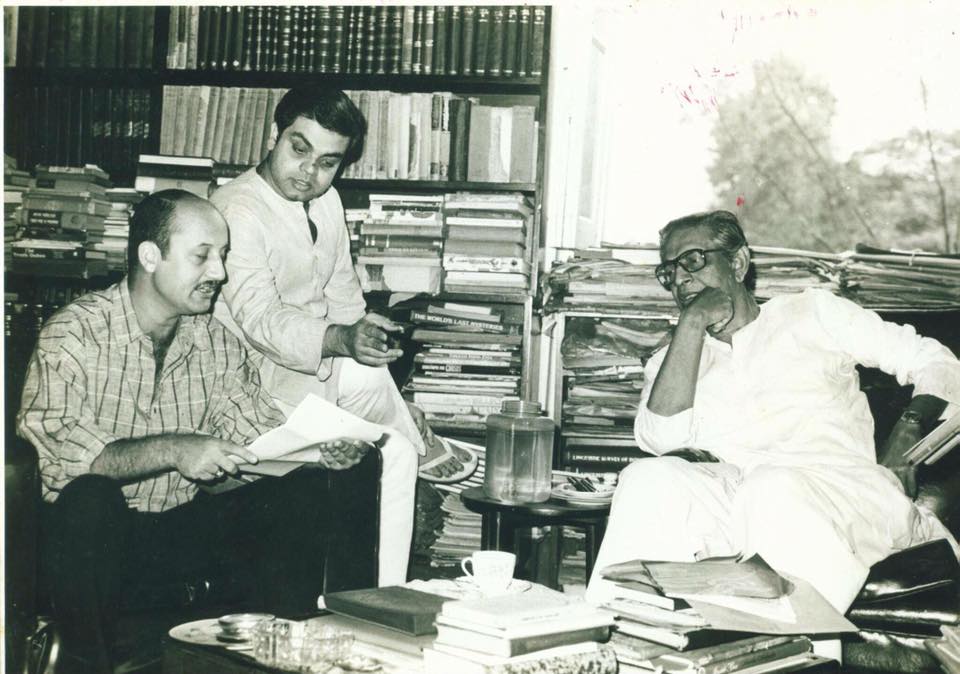
11. **Satyajit Ray – The Poetic Realist of Indian Cinema**Prepare to be moved by the profound humanism and exquisite artistry of Satyajit Ray, an Indian filmmaker whose work transcended cultural boundaries and left an indelible mark on world cinema. He’s most known for the universally acclaimed ‘Apu Trilogy’ (1955–1959), but also for masterpieces like ‘The Music Room’ (1958), ‘The Big City’ (1963), ‘Charulata’ (1964), and the whimsical ‘Goopy–Bagha trilogy.’ Ray’s work was deeply inspired by the Italian neorealist movement, yet he masterfully crafted a style entirely his own, making him a true auteur.
Ray’s distinct cinematic language was characterized by meticulous editing that allowed narratives to breathe, the thoughtful incorporation of classical Indian music that enriched the emotional landscape of his films, and his unique ability to cast actors from diverse backgrounds, lending a raw authenticity to his stories. He didn’t just capture life; he framed it with a profound understanding of human experience, creating films that were both deeply personal and universally resonant.
The esteem in which he is held by his peers is truly telling. The legendary Japanese director Akira Kurosawa once offered a powerful tribute, saying of Ray’s films, “Not to have seen the cinema of Ray means existing in the world without seeing the sun or the moon.” That’s high praise indeed! His influence extended globally, with celebrated filmmakers like Francis Ford Coppola and Christopher Nolan also citing Ray as a significant inspiration for their own groundbreaking work.
Ray’s monumental contributions to cinema have been widely recognized and celebrated. The International Film Festival of India, for example, proudly named its annual Lifetime Achievement award after Ray, ensuring that his legacy in Indian cinema, and indeed world cinema, continues to shine brightly. His dedication to exploring the depths of humanity through his unique artistic lens cemented his place as one of the most important and beloved filmmakers of all time.
And there you have it, film enthusiasts! We’ve journeyed through the incredible careers of 11 legendary directors, from the suspenseful narratives of Hitchcock to the poetic realism of Ray. Each of these cinematic titans has, in their own unique way, pushed the boundaries of storytelling, pioneered new techniques, and left an undeniable mark on the art form. Their films are more than just entertainment; they are windows into different worlds, reflections of humanity, and timeless masterpieces that continue to inspire and captivate audiences across the globe. So, grab some popcorn, explore their filmographies, and celebrate the enduring magic of these unparalleled visionaries who truly shaped cinema as we know it!



